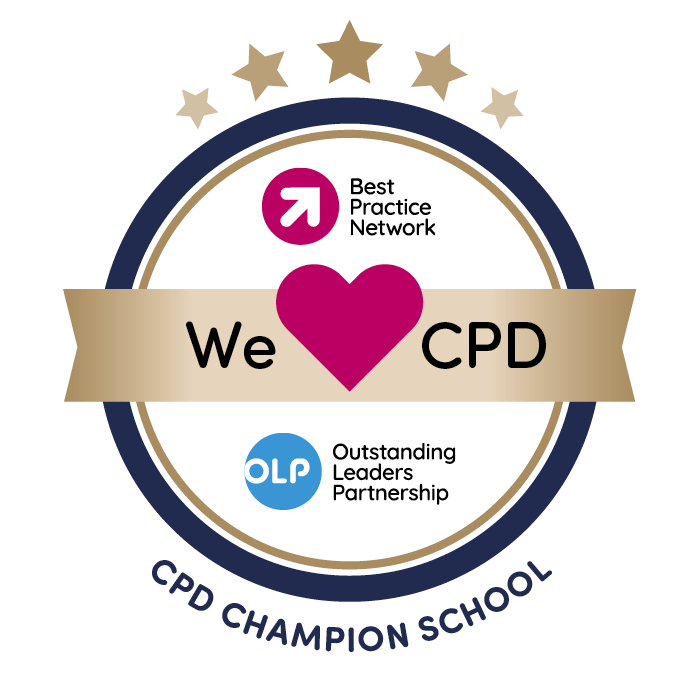Art
Intent
All pupils at The Downley School are immersed in a carefully crafted art curriculum that is suitable for learners of all ages and abilities, relevant to their context and understanding and applicable in other areas of life. This encourages pupils to apply themselves creatively and to express themselves in a way which develops their confidence and esteem.
Our art curriculum enables pupils to learn, grow and succeed together and is underpinned by our six values:
Respect
- Establish an environment in which pupils are exposed to opportunities to creatively explore their own heritage and culture as well as that experienced by others.
- Allow pupils to participate in lively and stimulating learning experiences which encourage them to develop socially, intellectually, morally, and physically.
Resilience
- Pupils are resilient and learn from their mistakes; they approach Art with a growth mindset.
- Pupils are made aware that art is learnt through practice and experimentation, which therefore allows them to develop a problem-solving attitude.
Teamwork
- Encourage pupils to think of Art as both an independent and collaborative practice whereby pupils are encouraged to work together to accomplish tasks or to communally celebrate work that they have created collaboratively or independently.
- Provide opportunities where pupils are encouraged to showcase their creative expression by holding open art galleries to the community (including parents and carers) and immersing in a wider community net through participation in local art competitions.
Inclusion
- Adaptations and support that enable all to achieve through an accessible curriculum.
- Create opportunities which allow learners to explore and celebrate differences in self and the other which allows for the development of motivated and open-minded pupils.
Responsibility
- Children are involved in evaluation, dialogue and decision-making about the quality of their outcomes and the improvements they need to make.
- Through taking part in regular discussions and decision-making processes, children will not only know facts and key information about art, but they will be able to talk confidently about their own learning journey, have higher metacognitive skills and have a growing understanding of how to improve.
Integrity
- A sense of enquiry, reasoning
- A sense of responsibility, social justice
- Allow pupils to develop their knowledge and skills around the formal elements of art in a holistic way.
Implementation
Our art curriculum has clear progression and learning is carefully sequenced, built on and revisited. Lessons are planned to deepen pupils’ knowledge and skills, for future learning and employment as an artist.
Lessons are always practical in nature and encourage experimental and exploratory learning with pupils using sketchbooks to document their ideas. Differentiated guidance is available for every lesson to ensure that lessons can be accessed and enjoyed by all pupils and opportunities to stretch pupils’ learning are available when required. Knowledge organisers for each unit support pupils by providing a highly visual record of the key knowledge and techniques learnt, encouraging recall of skills processes, key facts, and vocabulary.
The scheme we are using for our art curriculum is Kapow which includes pupil videos created by subject specialists help pupils to see art techniques modelled by experts, to ensure the delivery of art in our school is of the highest quality. Each unit of lessons includes multiple teacher videos to develop subject knowledge and support ongoing CPD.
Teachers use assessment to help learners embed and use knowledge fluently, to check understanding, address misconceptions, and inform teaching. The impact of Kapow Primary’s scheme can be constantly monitored through both formative and summative assessment opportunities. Each lesson includes guidance to support teachers in assessing pupils against the learning objectives.
Our art curriculum aims to develop pupils who are confident and equipped with a range of techniques and the confidence and creativity to form a strong foundation for their art and design learning at Key Stage 3 and beyond. We provide our pupils with opportunities to experiment and explore outside the classroom through a variety of extracurricular means. These include art competitions, field trips and internal art galleries.
Impact
Pupils leave The Downley School with a deep understanding of the academic content of the art curriculum. They know more, remember more and can do more; they are prepared for their future aspirations as an artist. The expected impact of following the Kapow primary art and design scheme of work is that children will:
- Produce creative work, exploring and recording their ideas and experiences.
- Be proficient in drawing, painting, sculpture and other art, craft, and design techniques.
- Evaluate and analyse creative works using subject-specific language.
- Know about great artists and the historical and cultural development of their art.
- Meet the end of key stage expectations outlined in the National curriculum for Art and design.
They understand that when we learn together, we grow together and succeed together.




